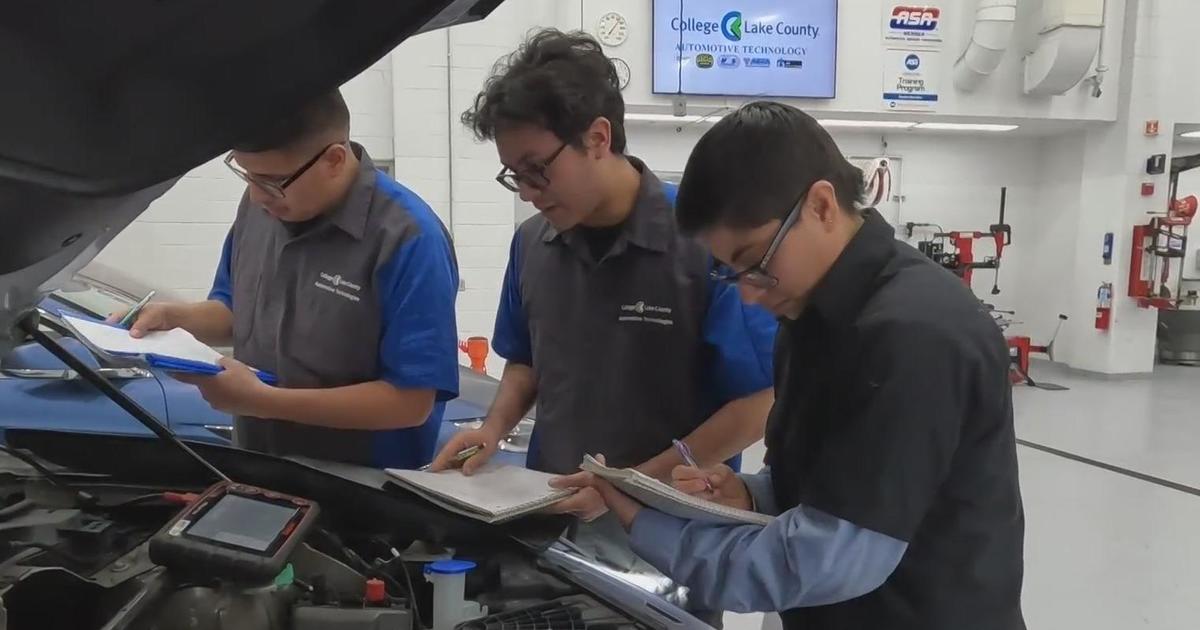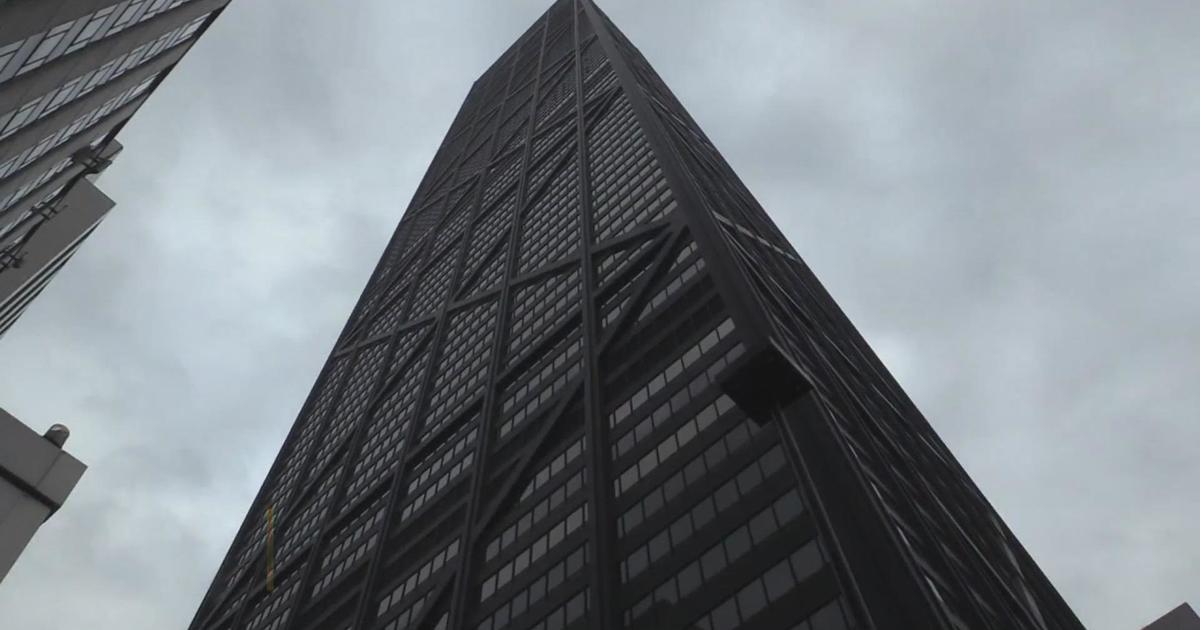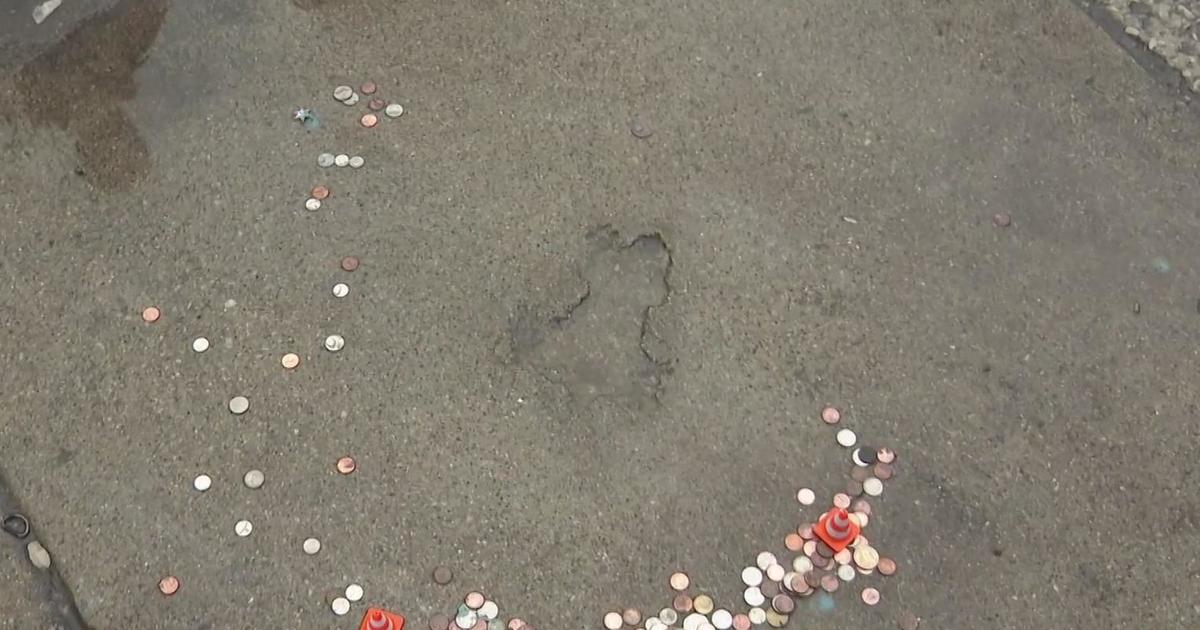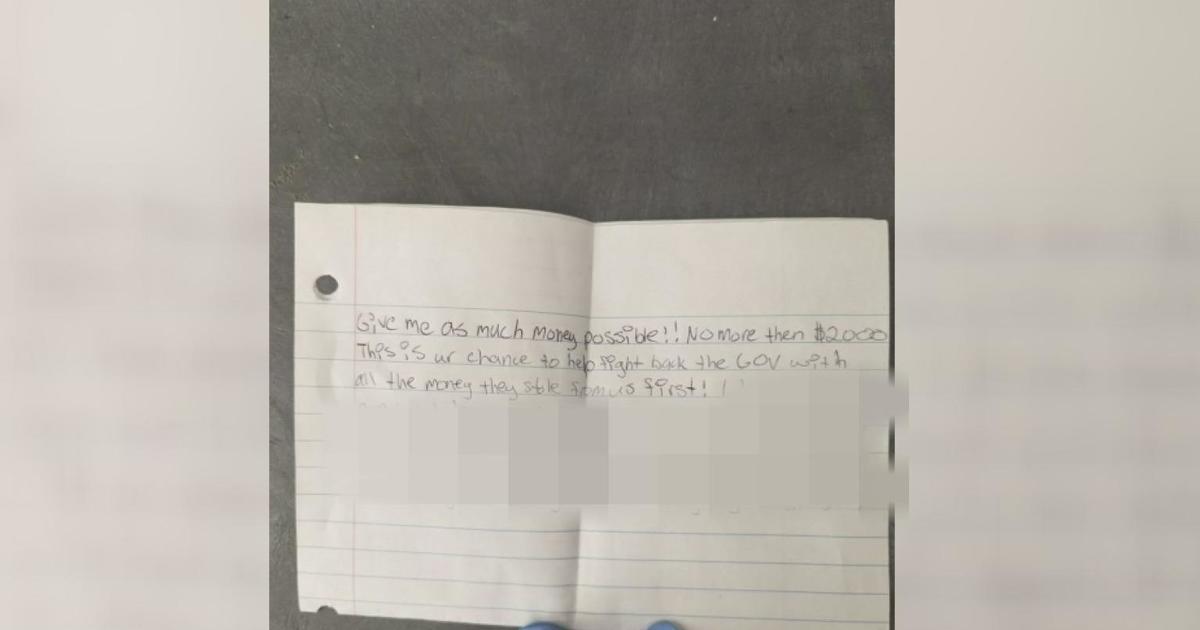'A better testing approach': UIC scientists work on new metals for everything from cars to light poles
CHICAGO (CBS) -- For years, CBS 2 has investigated a problem that's plagued Chicago: dangerous, rusty street poles that topple over in the wind.
Now, researchers at UIC said they may have a solution: stronger metals. CBS 2's Tim McNicholas is always investigating and takes us inside their research.
"So I'm going to pop this in here and then we can fire up the machine."
The machine tells UIC engineering professors Matthew Daly, Vineeth Kumar Gattu and other researchers at UIC exactly when certain metals reach their breaking point.
Daly is also the Director of the UIC Advanced Materials and Microstructures Lab. Gattu, in addition to his work as an adjunct professor at UIC, also works for the U.S. Department of Energy at Argonne National Laboratory.
"You can actually see it happening right now (breaks) there it goes." Daly said. "My major research focus is finding ways to make materials both lighter and also stronger than they are today."
"We are trying to understand how fast or slow these materials fail," added Gattu.
The team at UIC's Advanced Materials and Microstructures Lab not only tests metals, but also creates their own by combining materials in a melting pot. The goal is to make metals stronger in cars, buildings or, for an issue CBS 2 has investigated for years, street poles.
Just last month, CBS 2 reported that at least five Chicago street poles toppled over during a windy 48 hours. CBS 2 also found dangerous, rusty poles that hadn't fallen yet.
"You can see right through to the other side, I guess," Gattu said. CBS 2 showed those images to Daly and Gattu and told them what was found.
"The technology we use to design those materials is somewhat out of date. We're using traditional knowledge going back decades," Daly said.
"They need replacement, quite frankly, but they need better testing approach, to understand when these materials will fail, what would be the preventative maintenance." Gattu noted.
The team uses a machine to combine tiny samples of metals with things that can wear those samples down, like salt or even temperature changes. After eight hours, they can see how fast or how slow the metals rust.
They hope to give cities and manufacturers solutions so taxpayers see less of this.




